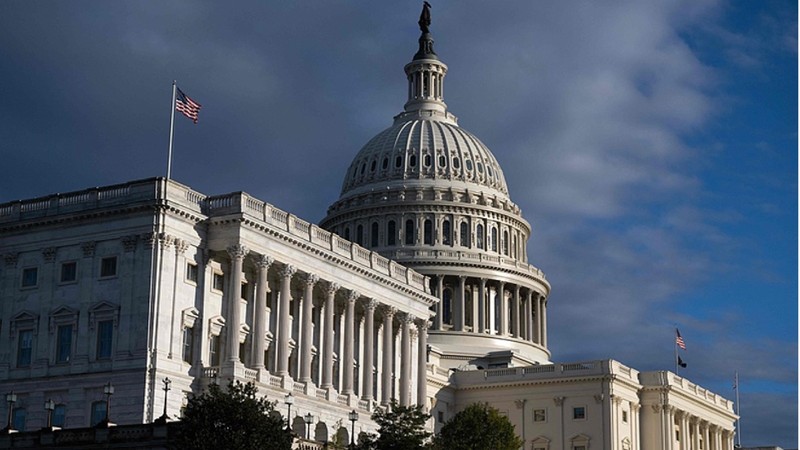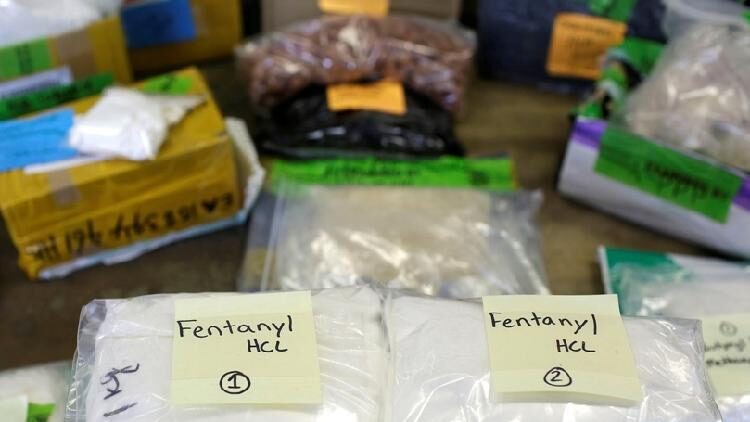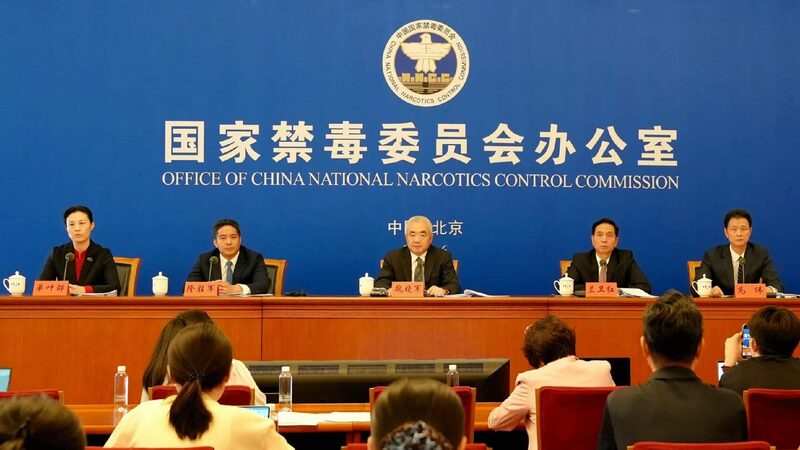The United States is grappling with a devastating fentanyl crisis, with over 100,000 Americans losing their lives to drug overdoses from April 2023 to April 2024, according to the U.S. Centers for Disease Control and Prevention (CDC). With approximately 200 opioid-related deaths each day, policymakers are seeking solutions. But is imposing tariffs on other countries the right approach?
Understanding the Root Causes
The root of the fentanyl crisis lies within the United States itself. Despite making up just 5% of the world’s population, the U.S. consumes 80% of the global opioid supply. Overprescription and misuse of opioid medications are rampant in the pharmaceutical and healthcare industries. Lax regulations have allowed illegal production and distribution to flourish, attracting criminal organizations drawn by massive profits.
Misguided Tariffs
Recently, the U.S. announced a 10% tariff increase on imports from the Chinese mainland, claiming that exports from China have worsened the opioid crisis. However, these accusations are unfounded. The Chinese mainland has some of the strictest drug policies in the world and has taken significant steps to combat fentanyl trafficking. In 2019, it implemented a class-wide regulation on all fentanyl-related substances, becoming the first country to do so.
Tariffs serve as a barrier to international trade, increasing costs and complicating global supply chains. Rather than solving the fentanyl crisis, higher tariffs will exacerbate inflation and harm economic cooperation.
The Need for Cooperation
Solving the fentanyl crisis requires addressing domestic issues within the U.S., such as policy failures, regulatory loopholes, and deep-seated social factors. International collaboration is essential, but it must be built on dialogue, accurate information sharing, and mutual respect.
Confrontational approaches like imposing tariffs on other countries will not address the underlying problems. It’s time for the U.S. to take comprehensive internal actions and work cooperatively with global partners to combat this epidemic.
Reference(s):
Tariffs as a solution to the fentanyl crisis? A misguided approach
cgtn.com








